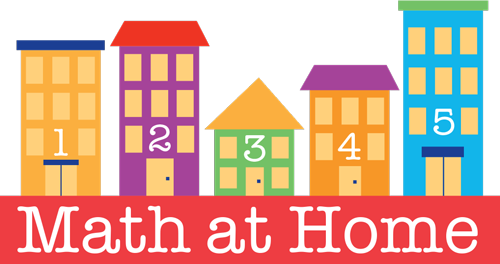Puzzles and Howard Gardner
 Do you think some people are good at solving puzzles and others are not? Is puzzle-solving a skill you are born with or can everyone eventually learn how to solve puzzles? Are you a puzzle solver?
Do you think some people are good at solving puzzles and others are not? Is puzzle-solving a skill you are born with or can everyone eventually learn how to solve puzzles? Are you a puzzle solver?
Howard Gardner of Harvard University argues that we all have various intelligences that manifest themselves in varying amounts and degrees and reveal themselves over time. He calls these the Multiple Intelligences (MI).
The 9 Multiple Intelligences are as follows:
Visual-Spatial
Think in terms of physical space, as do architects and sailors. Very aware of their environments. They like to draw, do jigsaw puzzles, read maps, daydream. They can be taught through drawings, verbal and physical imagery. Tools include models, graphics, charts, photographs, drawings, 3-D modeling, video, videoconferencing, television, multimedia, texts with pictures/charts/graphs.
Bodily-kinesthetic
Use the body effectively, like a dancer or a surgeon. Keen sense of body awareness. They like movement, making things, touching. They communicate well through body language and be taught through physical activity, hands-on learning, acting out, role playing. Tools include equipment and real objects.
Musical
Show sensitivity to rhythm and sound. They love music, but they are also sensitive to sounds in their environments. They may study better with music in the background. They can be taught by turning lessons into lyrics, speaking rhythmically, tapping out time. Tools include musical instruments, music, radio, stereo, CD-ROM, multimedia.
Interpersonal
Understanding, interacting with others. These students learn through interaction. They have many friends, empathy for others, street smarts. They can be taught through group activities, seminars, dialogues. Tools include the telephone, audio conferencing, time and attention from the instructor, video conferencing, writing, computer conferencing, E-mail.
Intrapersonal
Understanding one’s own interests, goals. These learners tend to shy away from others. They’re in tune with their inner feelings; they have wisdom, intuition and motivation, as well as a strong will, confidence and opinions. They can be taught through independent study and introspection. Tools include books, creative materials, diaries, privacy and time. They are the most independent of the learners.
Verbal/Linguistic
Using words effectively. These learners have highly developed auditory skills and often think in words. They like reading, playing word games, making up poetry or stories. They can be taught by encouraging them to say and see words, read books together. Tools include computers, games, multimedia, books, tape recorders, and lecture.
Logical -Mathematical
Reasoning, calculating. Think conceptually, abstractly and are able to see and explore patterns and relationships. They like to experiment, solve puzzles, ask cosmic questions. They can be taught through logic games, investigations, mysteries. They need to learn and form concepts before they can deal with details.
Naturalist Intelligence (“Nature Smart”)
Designates the human ability to discriminate among living things (plants, animals) as well as sensitivity to other features of the natural world (clouds, rock configurations). This ability was clearly of value in our evolutionary past as hunters, gatherers, and farmers; it continues to be central in such roles as botanist or chef. It is also speculated that much of our consumer society exploits the naturalist intelligences, which can be mobilized in the discrimination among cars, sneakers, kinds of makeup, and the like.
Existential Intelligence
Sensitivity and capacity to tackle deep questions about human existence, such as the meaning of life, why do we die, and how did we get here.
So, people who have Visual/Spatial Intelligence or Logical/Mathematical Intelligence are probably more drawn to puzzles- and may be better at solving them. Have you ever met a child who could complete a puzzle that was clearly far too advanced for his age? Chances are, that child has a strong leaning toward one or both of those Intelligences.

Thanks for this interesting article. I learned that I am intrapersonal and was able to identify the intelligences of some of my friends and family. Fun to read about 🙂
As I was reading the different types of intelligent, I was picturing my students. It was vert interesting and insightful. I will keep these in mind as I work with my children.